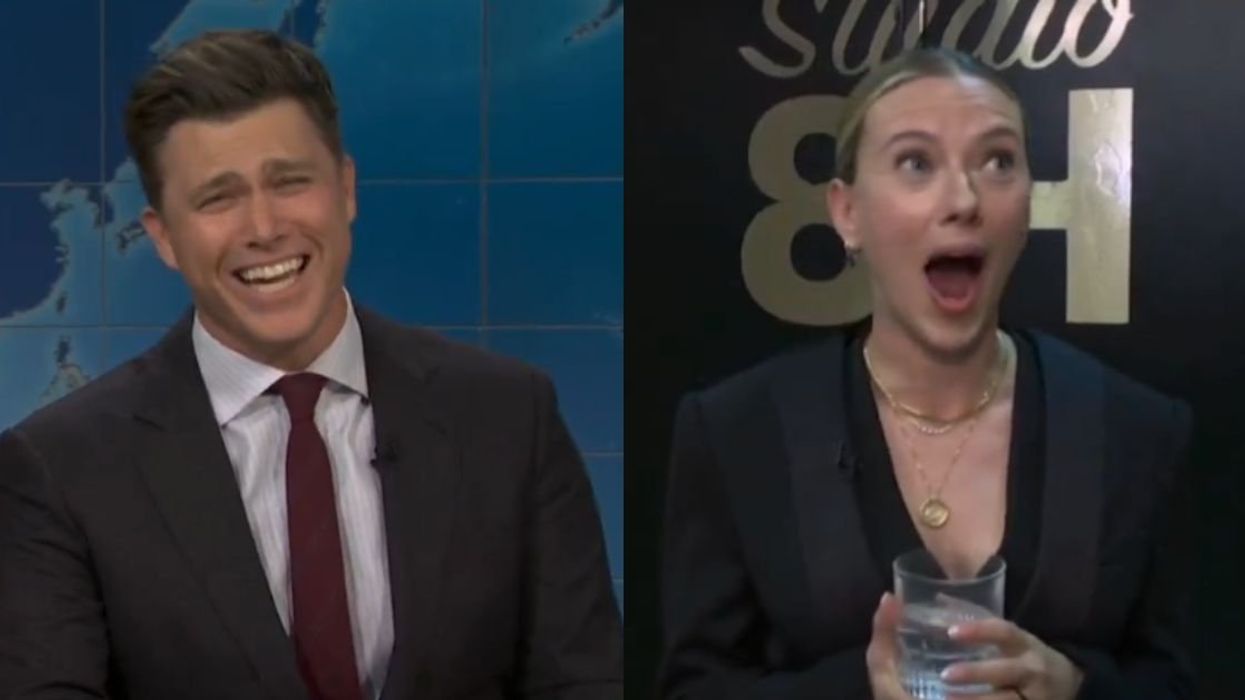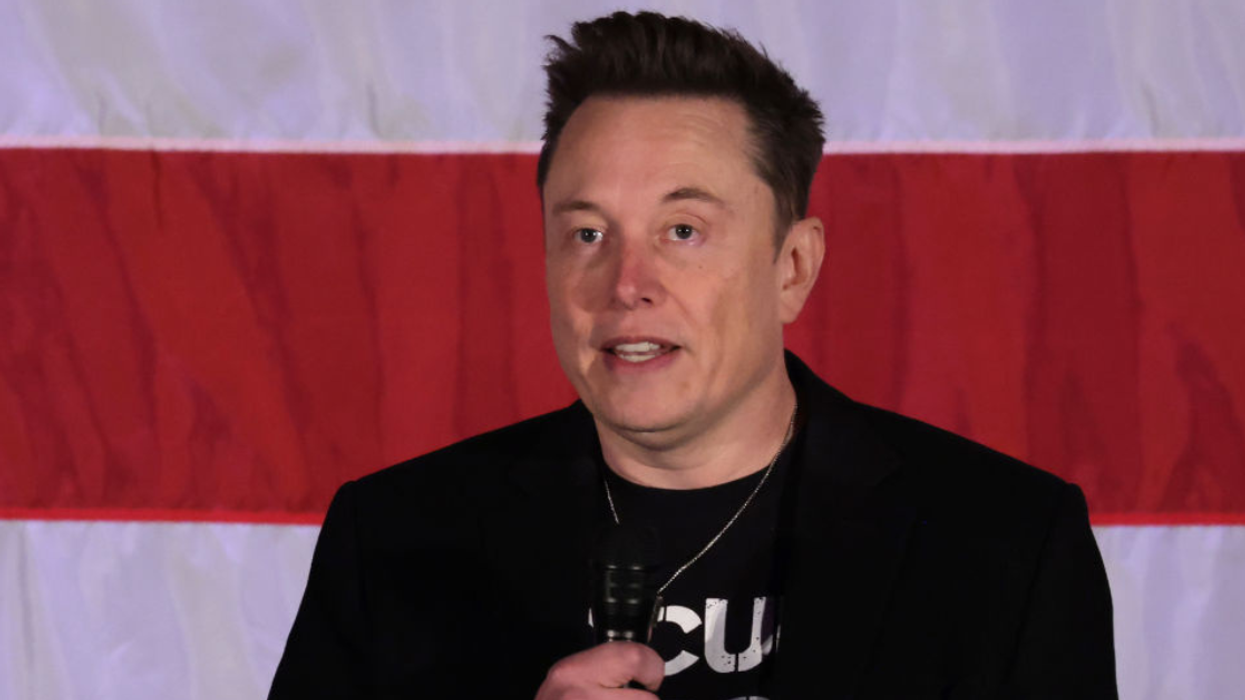In an interview with The Huffington Post, President Donald Trump's attorney Rudy Giuliani claimed that Trump hypothetically could have shot former FBI director James Comey to end the Russia investigation and not face prosecution for it while in office.
Trump's presidential power, said Giuliani, is such that "in no case can he be subpoenaed or indicted."
"I don't know how you can indict while he's in office. No matter what it is," he added.
Giuliani noted that if the president had shot James Comey instead of firing him––as he did in May 2017––Trump would face impeachment rather than prosecution.
"If he shot James Comey, he'd be impeached the next day," Giuliani said. "Impeach him, and then you can do whatever you want to do to him."
Giuliani quickly became the target of heated criticism.
"Only in a banana republic does a former federal prosecutor talk about the President killing a top law enforcement officer and getting away with it. The time has come for Americans to decide what kind of country we want to live in," wrote Richard Painter, a former White House chief ethics counsel.
Rudy Giuliani. The gaff that keeps on gaffing. If your spin starts 'If Trump shot Comey..' you may want to rethink strategy," wrote Claude Taylor, a former Clinton administration staffer.
"The President hired Rudy Giuliani to say crazy things on TV to distract from the crazy things the President says on twitter," said Jason Kander, the president of Let America Vote.
The president fired Comey on May 9, 2017, an action which, many legal experts say, constitutes grounds for an investigation of Trump for possible obstruction of justice. A New York Times report the following Monday revealed that Trump asked Comey to halt the criminal investigation into Michael Flynn, his former national security advisor. (Flynn would later plead guilty to lying to federal investigators about his conversations with Sergey Kislyak, the former Russian ambassador to the United States.)
“I hope you can see your way clear to letting this go, to letting Flynn go,” Trump told Comey, according to a memo Comey wrote immediately after the meeting, which took place the day after Flynn resigned. “He is a good guy. I hope you can let this go.”
Comey wrote the memo detailing his conversation with Trump as part of a paper trail documenting the president’s “improper” efforts to impede the continuing investigation.
Giuliani later claimed, in an interview with ABC News Chief Anchor George Stephanopoulos on "This Week," that Trump "probably does" have the power to pardon himself should he be found guilty of obstructing justice.
"He has no intention of pardoning himself," said Giuliani. But it is a "really interesting constitutional argument: 'Can the president pardon himself?'"
"I think the political ramifications of that would be tough," he continued. "Pardoning other people is one thing. Pardoning yourself is another. Other presidents have pardoned people in circumstances like this, both in their administration and sometimes the next president even of a different party will come along and pardon."
Giuliani's comments come after the publication in The New York Times of a confidential 20-page memo sent by President Trump’s lawyers to the special counsel, Robert Mueller, which concludes that it is impossible for the president to illegally obstruct any aspect of the investigation into Russia's election interference. The president's lawyers argue that, as president, Trump has the authority to shut down the investigation or pardon himself:
It remains our position that the President's actions here, by virtue of his position as the chief law enforcement officer, could neither constitutionally nor legally constitute obstruction because that would amount to him obstructing himself, and that he could if he wished, terminate the inquiry, or even exercise his power to pardon if he so desired.
The president's lawyers say that Trump could not have intentionally impeded the F.B.I.’s investigation into Michael Flynn's Russian ties because he did not know Flynn was under investigation when he spoke to Comey.
“There could not possibly have been intent to obstruct an ‘investigation’ that had been neither confirmed nor denied to White House counsel,” they wrote, adding that FBI investigations do not qualify as the sort of “proceeding” an obstruction-of-justice statute covers.
“Of course, the president of the United States is not above the law, but just as obvious and equally as true is the fact that the president should not be subjected to strained readings and forced applications of clearly irrelevant statutes,” they wrote.
The president's legal team has continued to argue that Trump should not be compelled to testify before Robert Mueller. Earlier news reports indicated that Trump's attorneys are afraid the president, who has a long history of lying and contradicting himself, would perjure himself if he were to sit for an interview with the special counsel.
Giuliani himself, during his ABC interview, argued that the president should not sit for an interview because his "recollection keeps changing."
The White House has not responded to requests for comment.



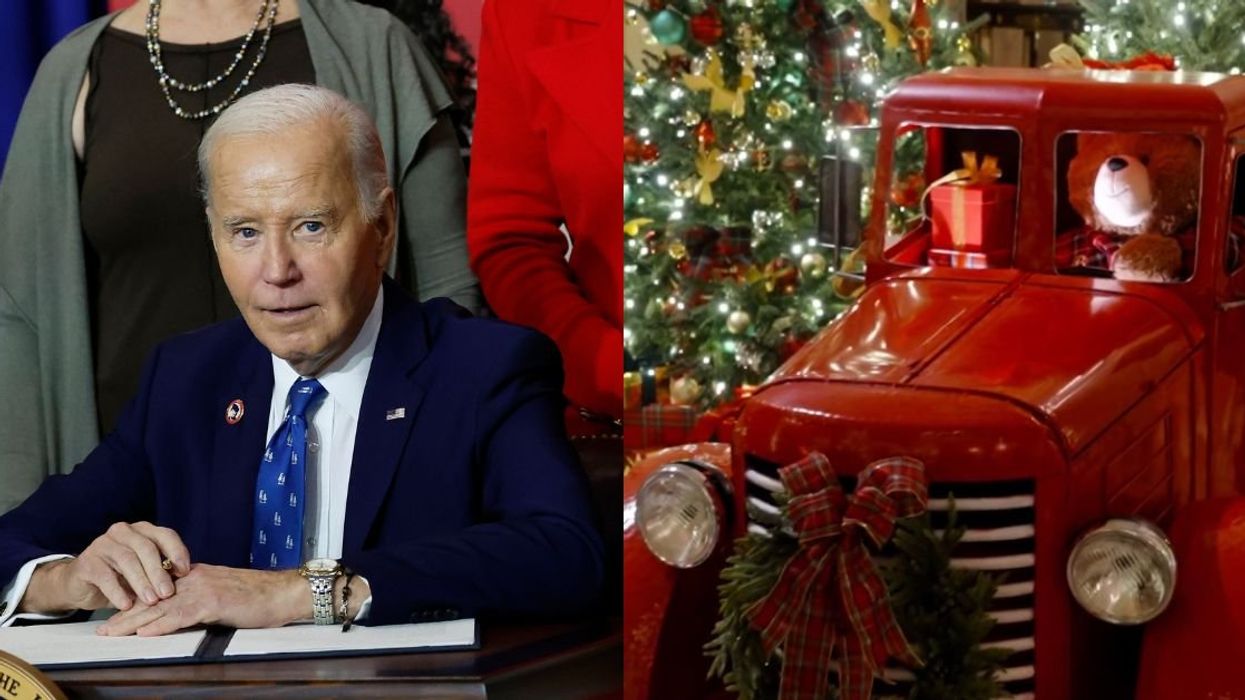
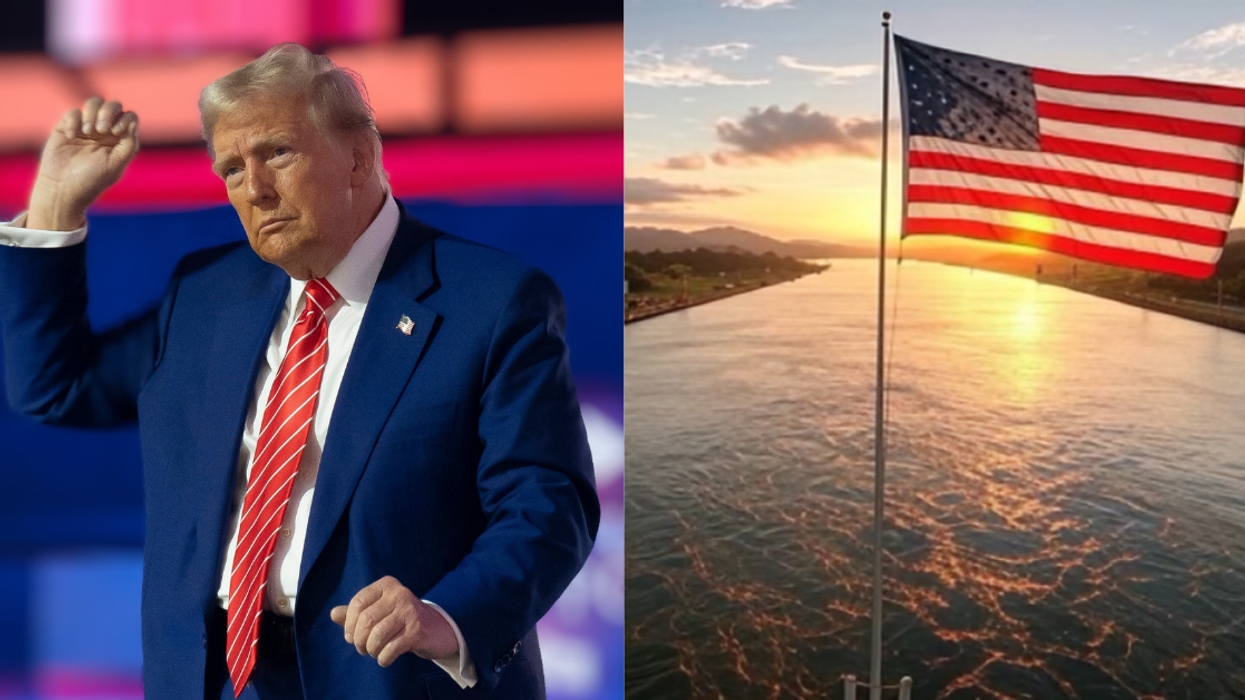
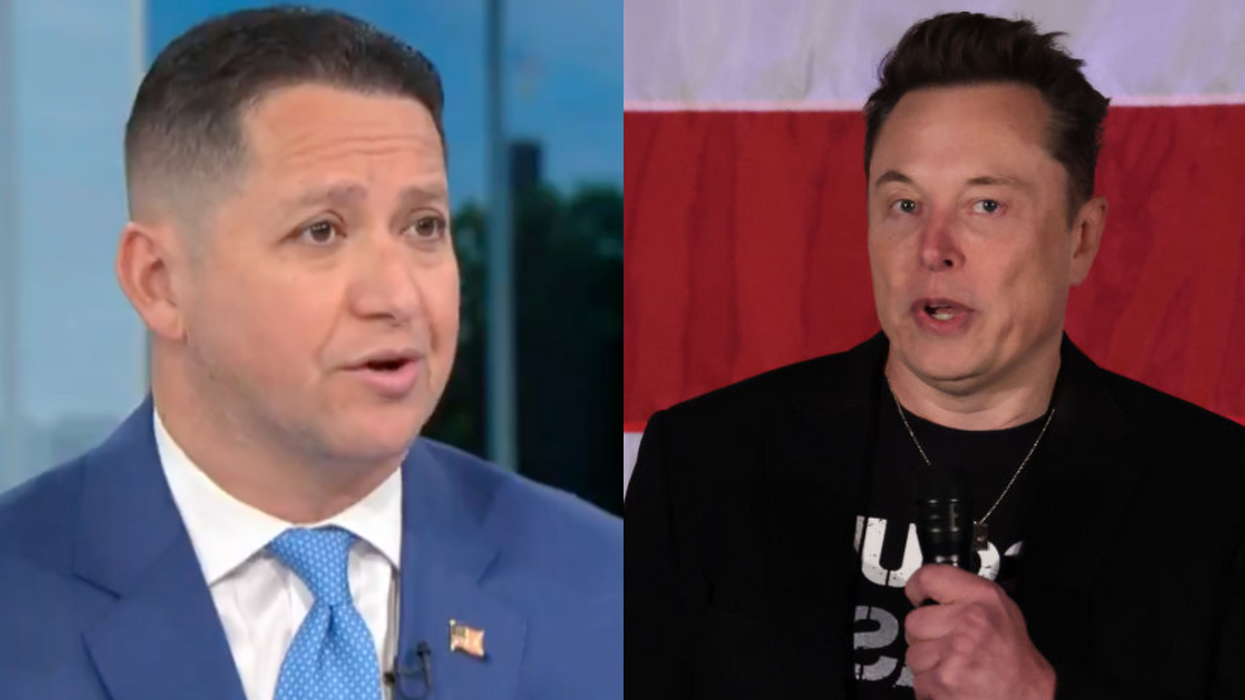
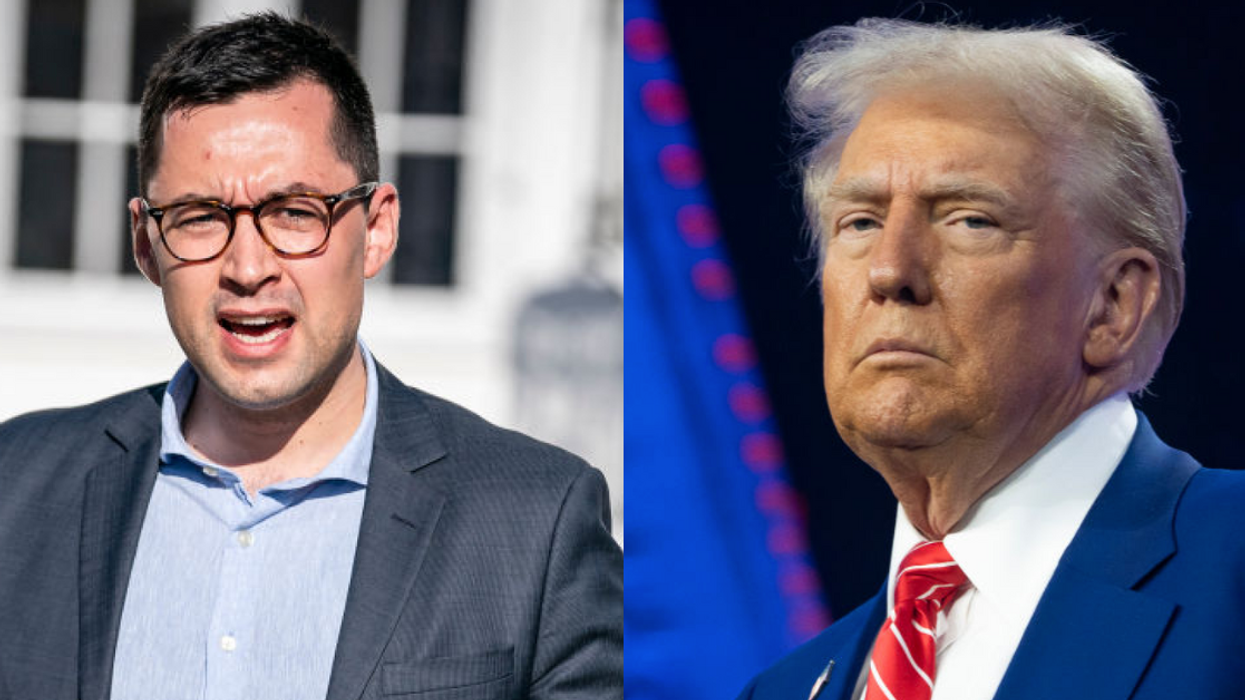
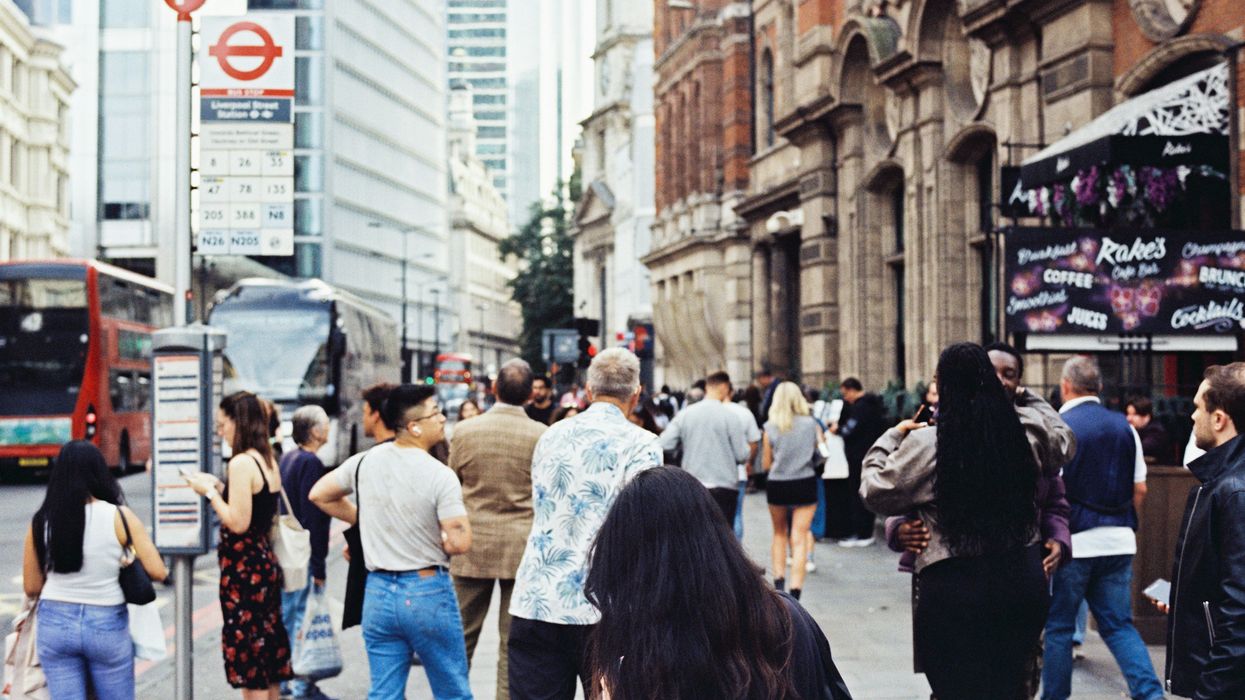
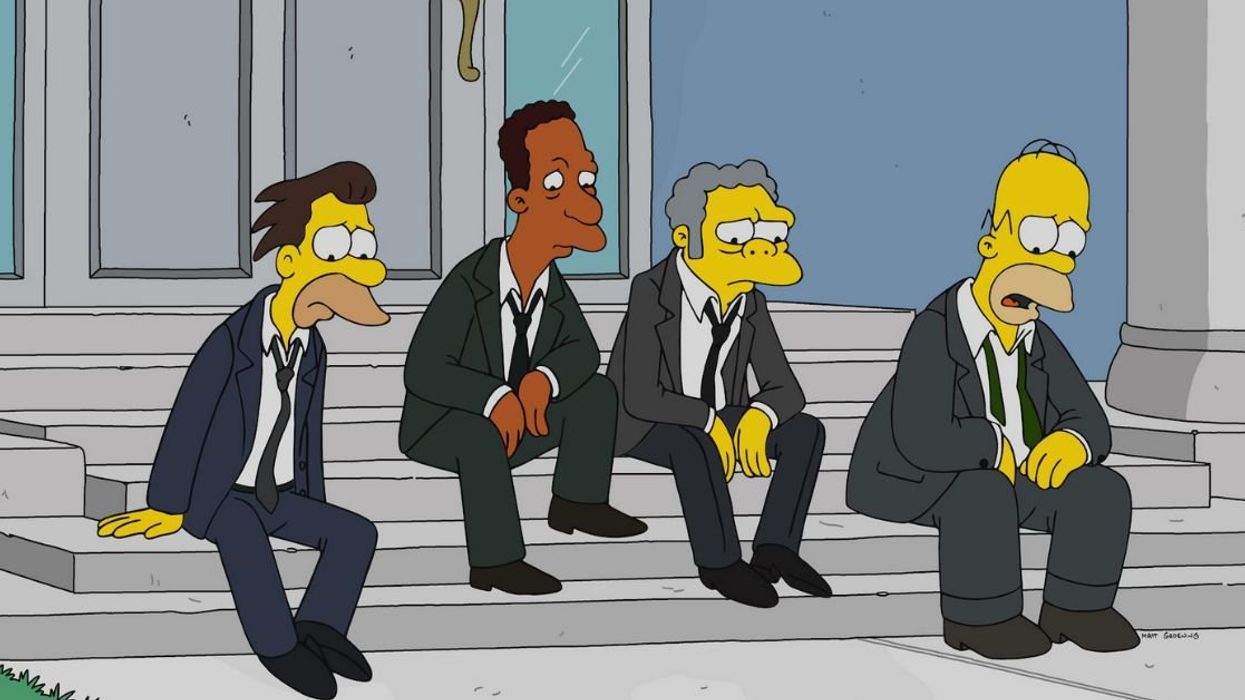
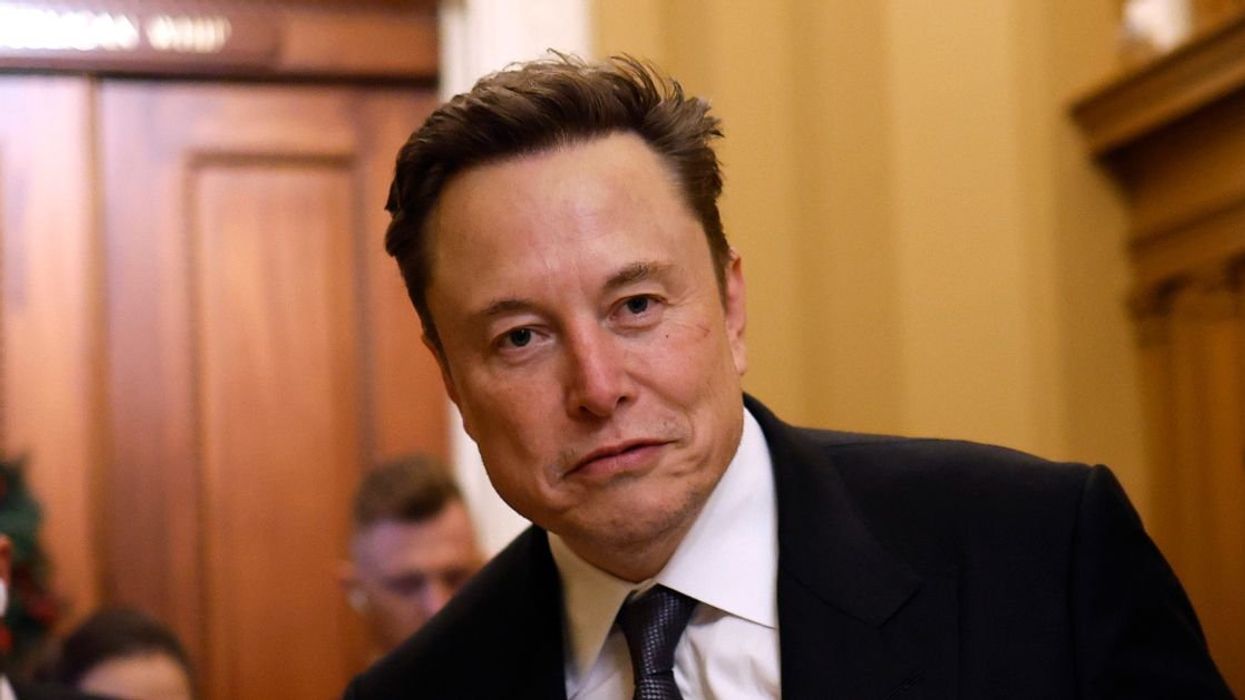
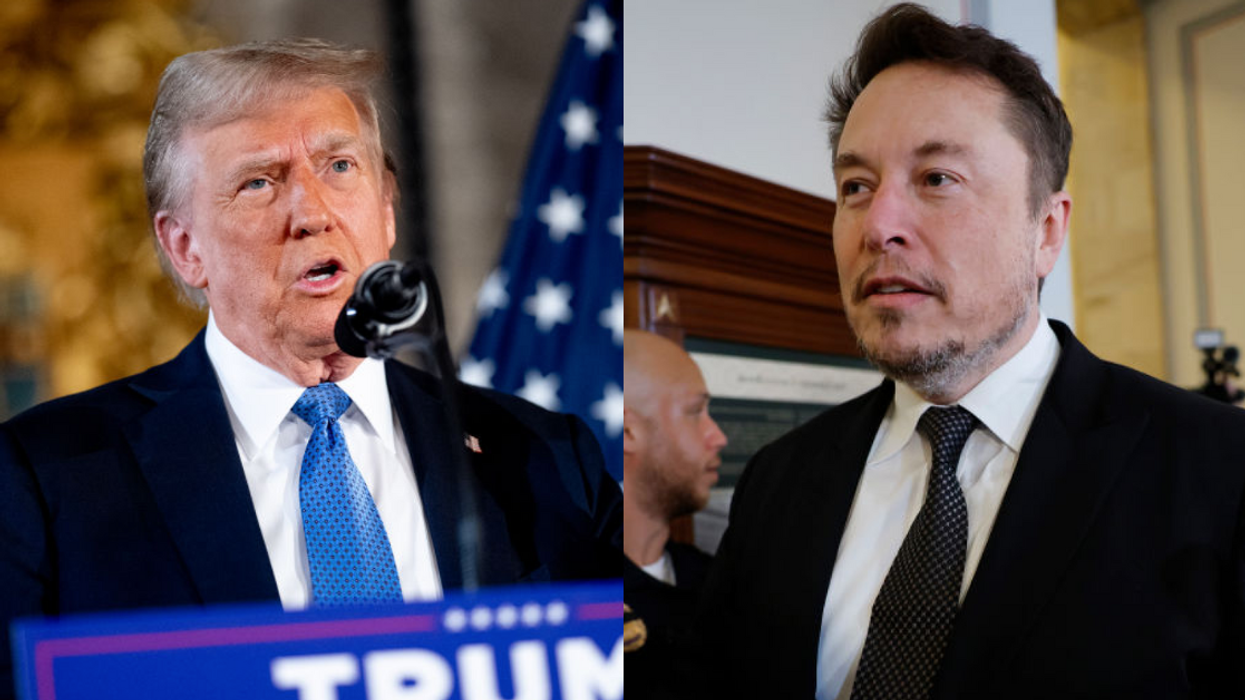
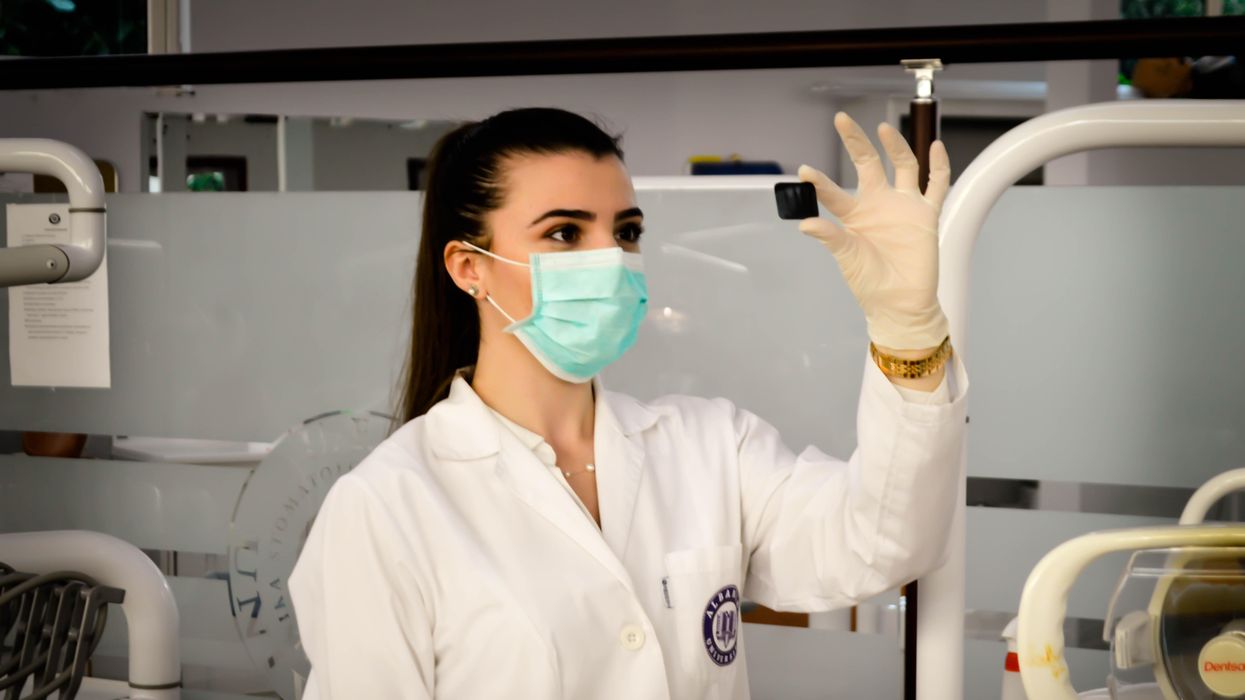
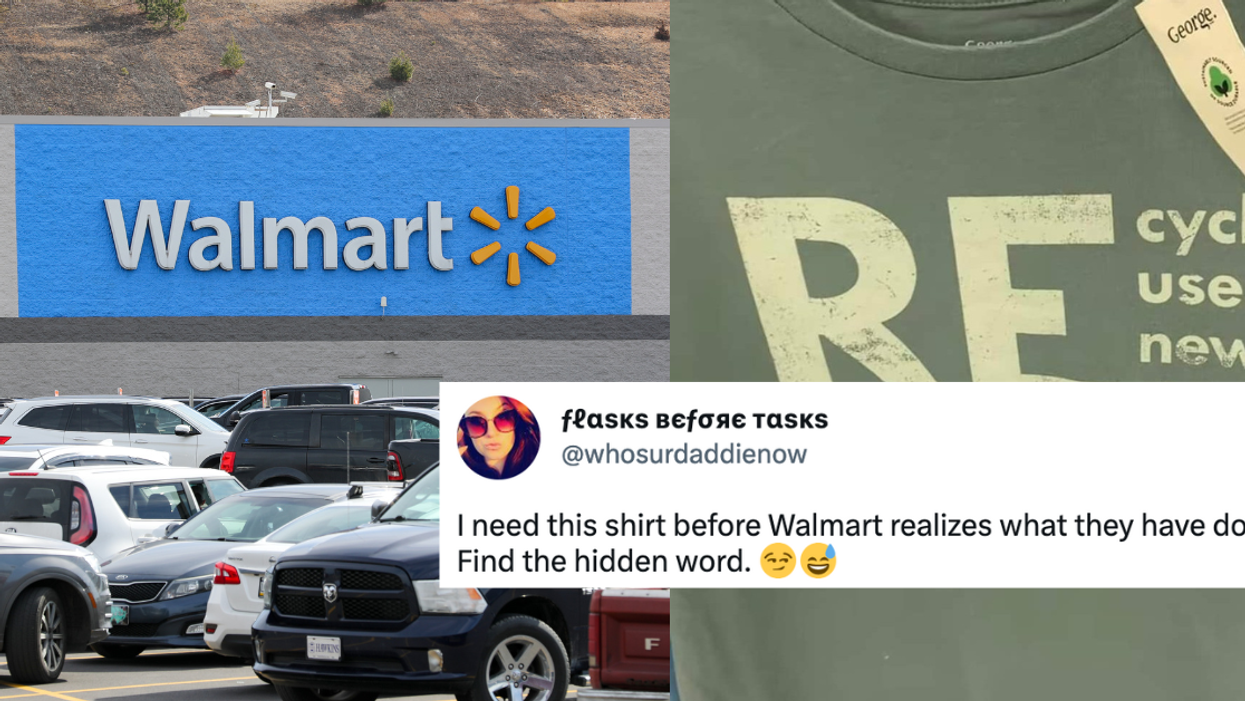
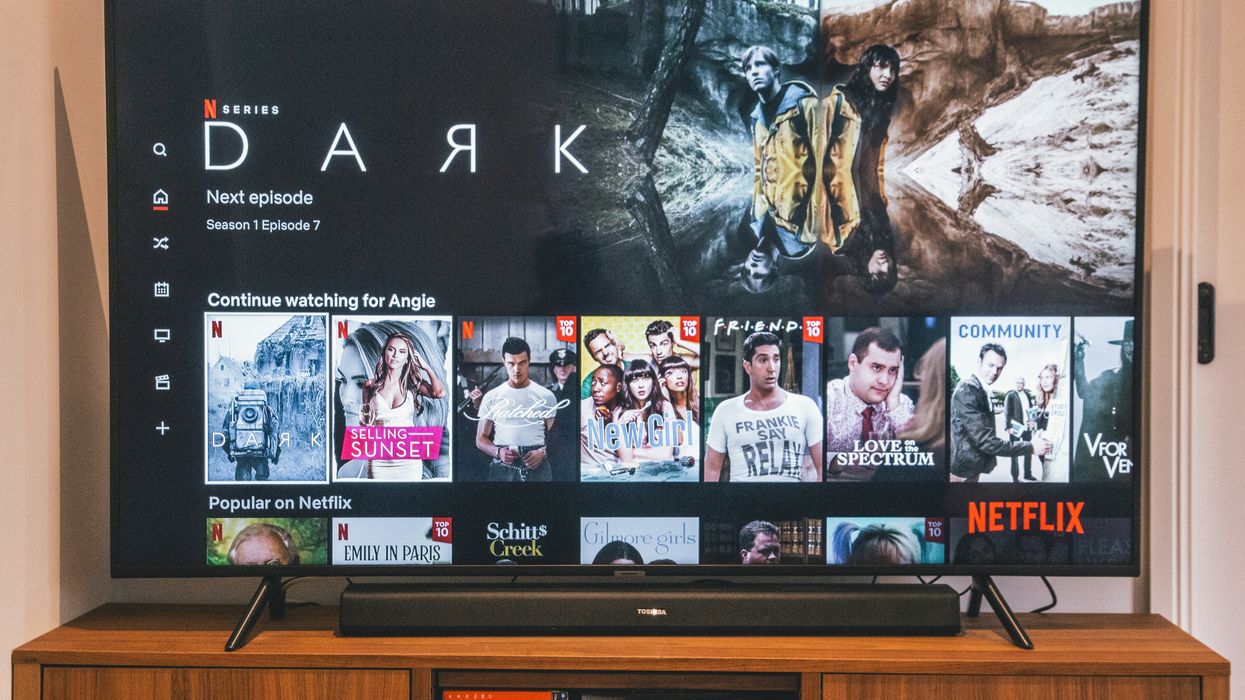
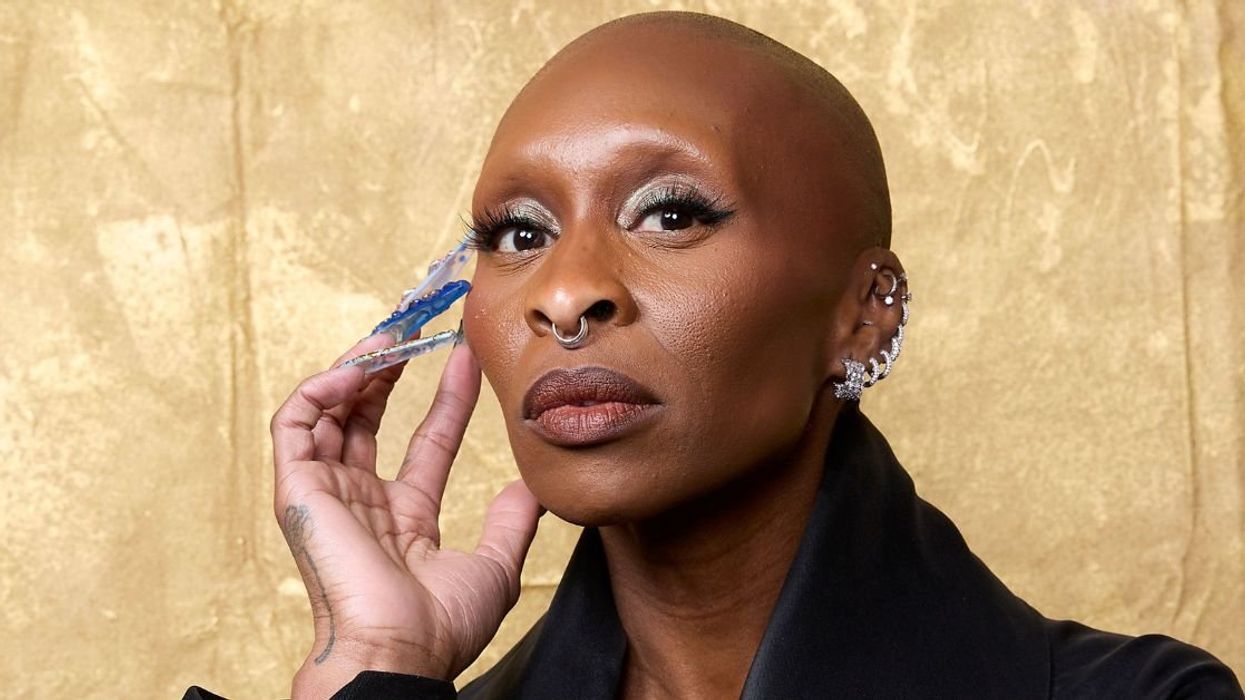
 @elleuk/Instagram
@elleuk/Instagram @elleuk/Instagram
@elleuk/Instagram